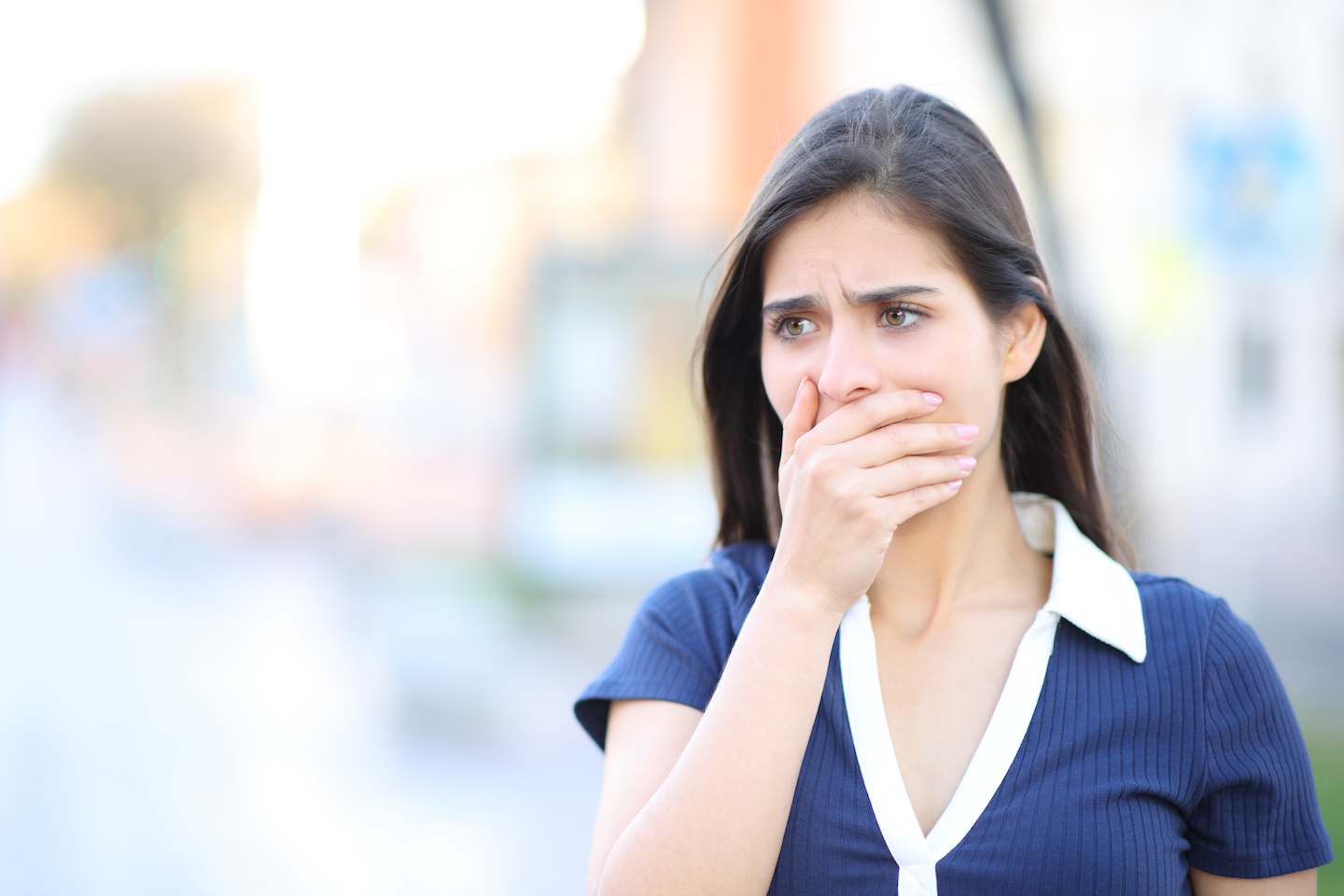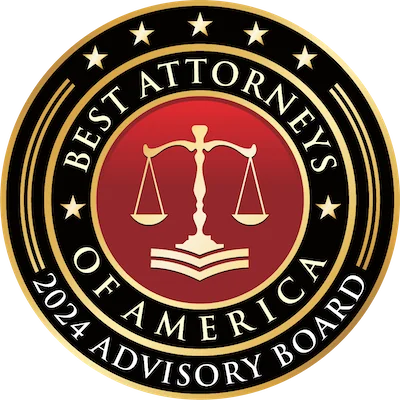One of the most significant elements that can influence the outcome of a vehicle crash claim is the testimony provided by eyewitnesses. These accounts can provide crucial insights into the moments leading to and during the accident, potentially swaying insurance adjusters, lawyers, and juries. However, it’s important to understand that eyewitness accounts can have both positive and negative impacts on a claim.
The Role of Eyewitness Accounts
Eyewitness accounts refer to first-hand observations from individuals who witnessed the vehicle crash. There are various scenarios in which these accounts become critical.
Types of Cases Impacted
- Disputed Liability: When there are disagreements over who is at fault, eyewitness statements can provide clarity.
- Limited Evidence: In cases where physical evidence (like dashcam footage or traffic camera images) is absent, these statements can fill in the gaps.
- Legal Proceedings: In personal injury lawsuits, emotional testimonies can give context to the claim, making the case more relatable and compelling.
How Eyewitness Accounts Can Strengthen a Claim
Corroboration of Facts
One of the primary benefits of eyewitness accounts is their ability to corroborate facts about the incident:
- Traffic Signal Observations: Eyewitnesses can confirm whether a driver ran a red light or was following traffic signals.
- Sequence of Events: Witnesses often provide a detailed recounting of what happened leading up to the crash, which can establish a clear timeline.
- Environmental Conditions: Accounts noting weather conditions, road hazards, or visibility challenges can help paint a fuller picture of the circumstances surrounding the accident.
Establishing Liability
Eyewitness accounts can be instrumental in demonstrating who was at fault during the crash:
- Eyewitnesses can describe driver behavior prior to the collision, such as reckless speeding, distracted driving, or abrupt lane changes.
- Providing testimony that supports the notion of negligence or rule-breaking can strengthen the claim against the liable party.
Emotional Impact
Compelling personal testimonies can sway both insurance adjusters and juries:
- Emotional narratives from eyewitnesses can humanize the case, providing a narrative that resonates on a personal level.
- For instance, a witness recounting the moments immediately following the crash can evoke empathy, potentially influencing settlement negotiations or juror decisions.
Potential Pitfalls: When Eyewitness Accounts Weaken a Claim
Inconsistencies and Contradictions
One of the most damaging factors for a claim can arise from conflicting eyewitness statements:
- When multiple accounts do not align, the inconsistencies can cast doubt on the reliability of witnesses, undermining the credibility of the claimant.
- For example, if one witness insists the light was green while another says it was red, this discrepancy can create uncertainty that complicates liability.
Credibility Issues
Often, factors may undermine the reliability of eyewitnesses:
- Distractions: Witnesses distracted by their own activities, such as using their phones or attending to passengers, may miss critical details about the accident.
- Biases: Personal biases can affect perceptions; individuals may have preferences or relationships that color their view of the events.
- Distance and Visibility: The further an eyewitness is from the event, the less reliable their account may be, especially in fast-moving situations.
Exaggerations and Misinterpretations
Eyewitnesses may unintentionally overstate or misinterpret what they saw:
- Emotional responses can lead to dramatization. For instance, an eyewitness might describe the crash as “catastrophic” when the damage was less severe.
- If a testimony is perceived as exaggerated, this could raise skepticism among insurance adjusters and jurors, jeopardizing the integrity of the entire claim.
Best Practices for Gathering Eyewitness Accounts
Successfully leveraging eyewitness accounts begins with collecting detailed and accurate statements promptly after the incident:
- Approach Witnesses Promptly: Contacting eyewitnesses while their memories are fresh can yield more accurate statements.
- Ask Open-Ended Questions: This encourages witnesses to provide detailed narratives rather than simple yes/no answers.
- Document Everything: Collect names, contact information, and the specifics of what each witness observed. This documentation becomes crucial later on.
If you have been involved in a vehicle crash, it is vital to consult with legal professionals, such as those at Silver Injury Law, who can guide you through the aftermath and help protect your interests. Furthermore, the collection of thorough eyewitness accounts will fortify your claim and address any discrepancies that might arise. Pursuing a vehicle crash claim can be a challenging journey, but with diligent documentation and professional support, you can enhance your chances of a favorable outcome.




